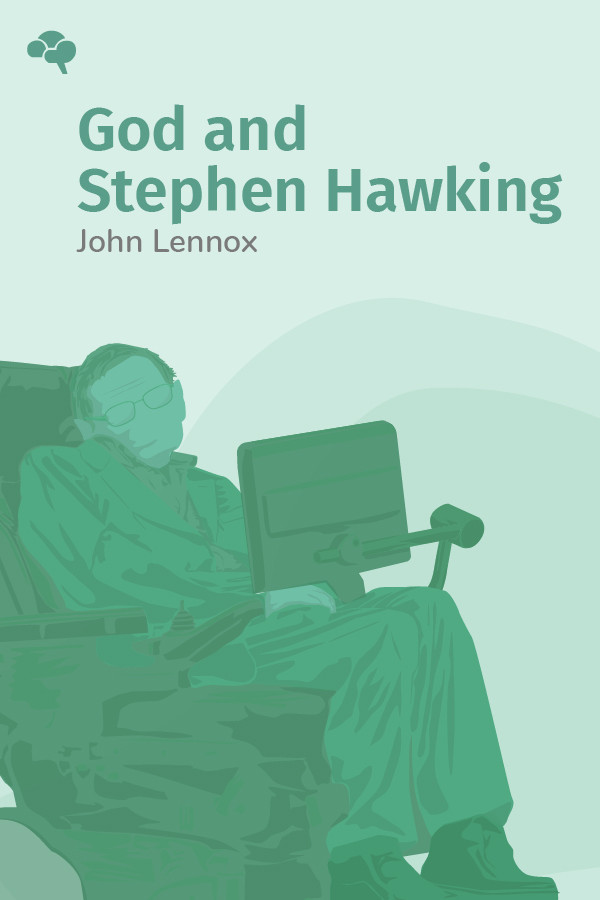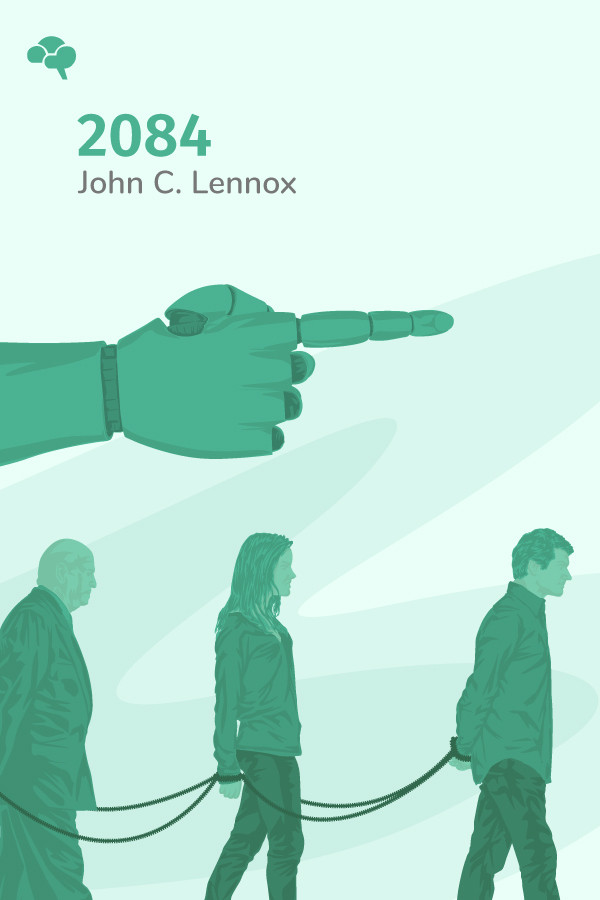John Lennox
John Carson Lennox (born 7 November 1943) is a Northern Irish mathematician specialising in group theory, philosopher of science and Christian apologist. He is Emeritus Professor of Mathematics at the University of Oxford and a Fellow in Mathematics and Philosophy of Science at Green Templeton College, Oxford University. He is also Pastoral Advisor of Green Templeton College, Oxford, a Fellow of Wycliffe Hall, Oxford and Associate Fellow of the Saïd Business School.
God and Stephen Hawking: Whose Design Is It Anyway?
Stephen Hawking is a world-renowned physicist, cosmologist and a professor at Cambridge University. He’s also an outspoken atheist. In his recent bestseller, The Grand Design, Hawking asserts that science has supplanted God as the explanation for the universe. This short book by John Lennox is primarily a rebuttal to that claim. A mathematician and scientist himself, Lennox contends that science is not at odds with religious belief. In fact, he argues that our increasing knowledge of the universe has made belief in God more rational, not less.
2084: Artificial Intelligence and the Future of Humanity
Algorithms, machine learning, transhumanism: Terms like these prompt apocalyptic warnings from distinguished leaders such as Elon Musk and Pope Francis. And yet, the same technology that can create a dystopian government also powers a robotic cat that kindly reminds its users to take their medications. The difficulty of artificial intelligence, also known as AI, is in the myriad of applications; scientists and philosophers alike can’t decide where this life-altering technology may lead. One thing they do know is that once the robotic cat is out of the bag, there’s no going back. Our ethics can’t keep up with the (literally) superhuman speed of progress in the field of AI reprogramming our world for better and for worse. Oxford mathematician and Christian philosopher John Lennox delves into the wired world of AI with a Christian worldview, distinguishing dystopian fiction from fact, and illuminating how AI might reprogram our perception of ourselves, humanity, and God.
Bio information sourced from Wikipedia


